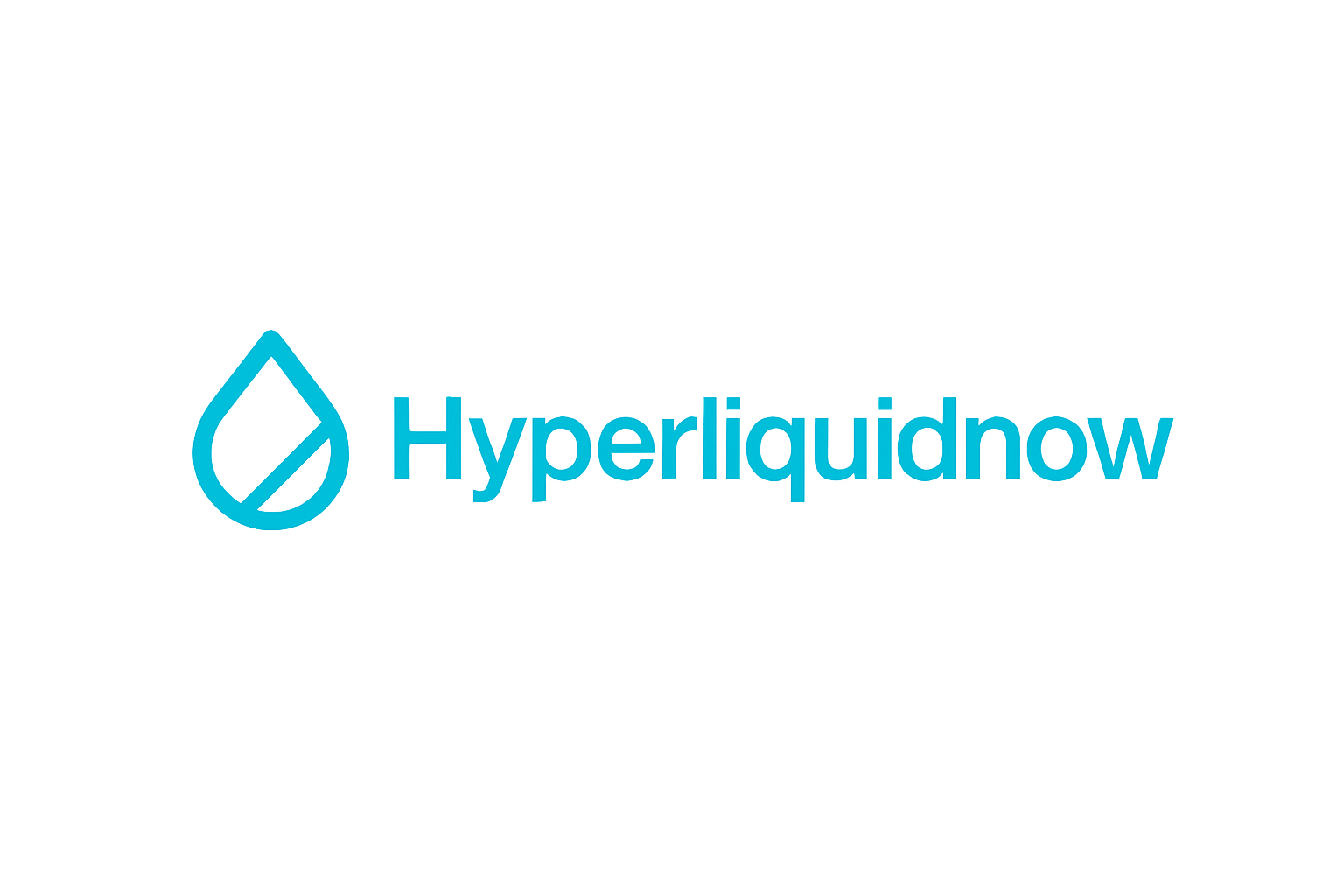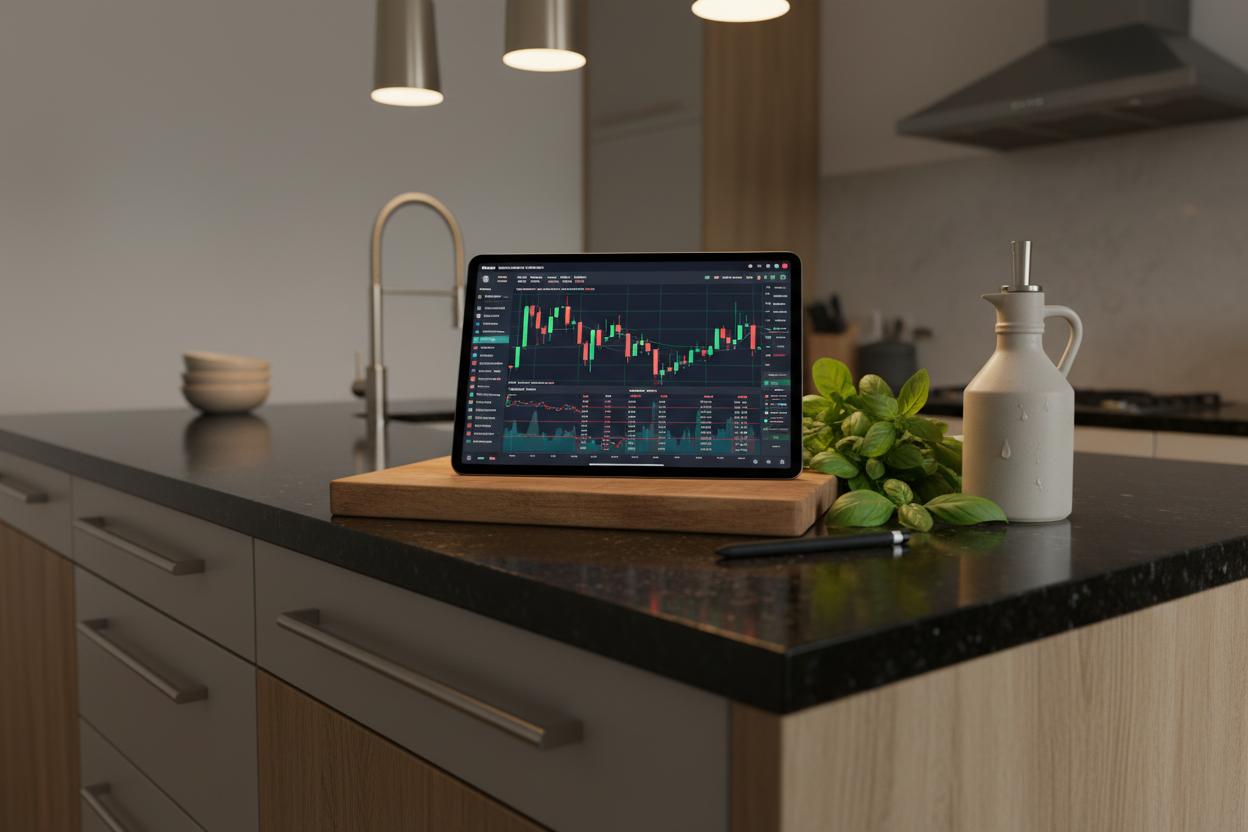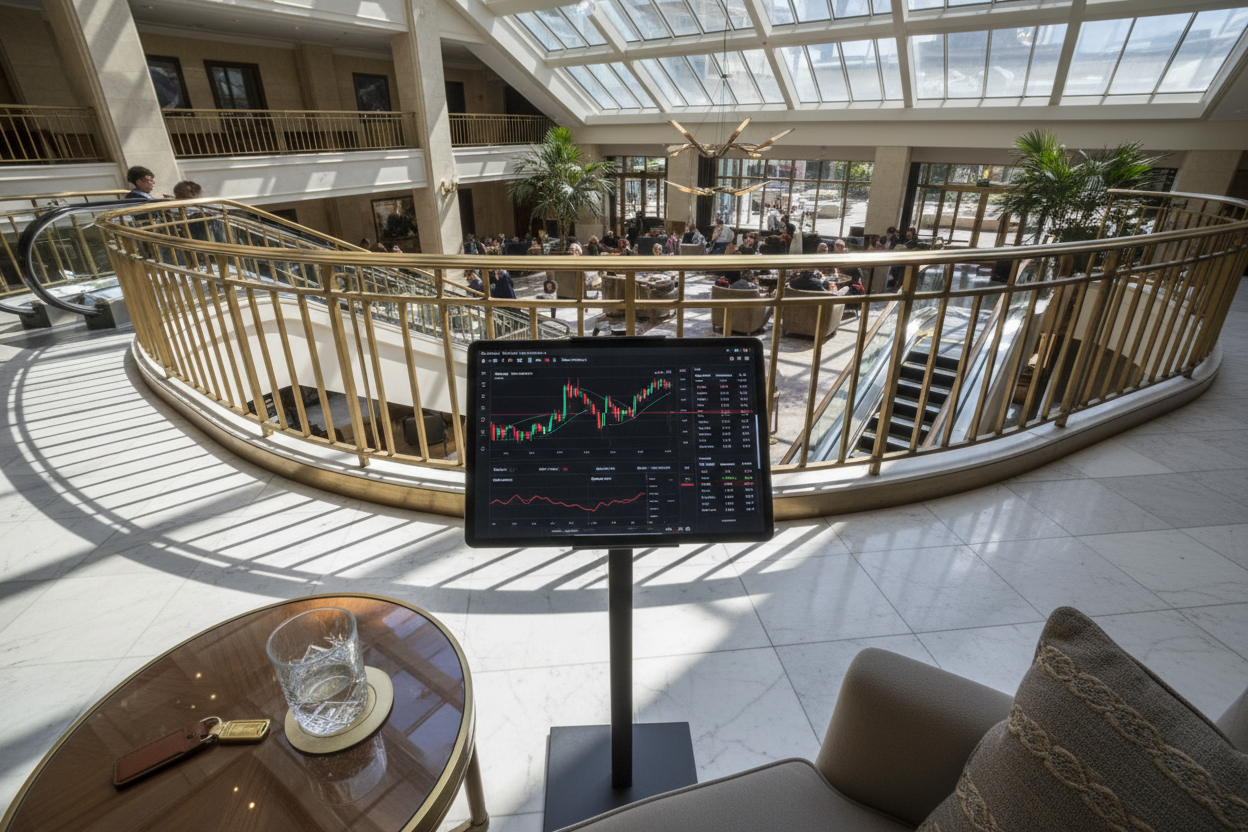
Lightning-fast execution, cross-asset flexibility, and capital efficiency, these are the new standards for perpetual DEX trading on Aptos. As the DeFi arms race heats up, platforms like Decibel, AGDEX, and Merkle Trade are rewriting the rules with multi-asset collateral systems that let you trade perps with BTC, ETH, USDT, USDC, or APT, all while enjoying sub-second finality and ultra-low fees. If you’re tired of clunky collateral conversions and slow confirmations holding back your edge, Aptos is the chain to watch.
Why Multi-Asset Collateral Is a Game-Changer for Perpetual DEXs
Traditional perpetual DEXs force traders into a corner: deposit a single asset as margin or jump through hoops to convert funds before you can open a position. That’s friction, and in high-speed markets, friction kills momentum. Enter multi-asset collateral DEXs on Aptos. By letting you post margin in any supported asset (think APT at $2.58, BTC, ETH), these platforms slash transaction costs and maximize your capital utility. No more idle assets sitting on the sidelines.
This isn’t just about convenience; it’s about unlocking speed and composability at scale. With Aptos’ Block-STM parallel execution engine pushing over 20,000 TPS and block times of just 0.125 seconds (source: Decibel), traders can move in and out of positions with near-instant settlement, no centralized gatekeepers required.
The Rise of Unified Margin Accounts: One Wallet to Rule Them All
The multi-collateral revolution is powered by unified margin accounts, a DeFi innovation that lets you pool different tokens as collateral for all your trades. Platforms like DecibelTrade and AGDEX are leading this charge on Aptos by giving users a single account where BTC, ETH, APT ($2.58), USDT, or USDC can all be used interchangeably to back leveraged positions.
This unified approach destroys silos between assets and supercharges risk management. You can deploy more capital without constantly swapping tokens or worrying about fragmented balances across multiple wallets or protocols. The result? Higher leverage potential (up to 100x on AGDEX), tighter spreads thanks to deeper liquidity pools, and real-time liquidation engines that keep risk in check, all while maintaining full self-custody.
Aptos-Powered Speed: Sub-Second Finality Meets Onchain Transparency
If you’ve ever been front-run or stuck waiting for sluggish block confirmations during peak volatility, you’ll appreciate what Aptos brings to the table. Its Block-STM engine enables parallel transaction processing so trades settle in roughly 0.125 seconds, faster than most centralized exchanges, and fees are measured in fractions of a cent.
This isn’t marketing hype; it’s proven performance powering over $12.9 billion in cumulative volume on Merkle Trade alone (source: cryptoslate. com). Add gas-free transactions and one-click trade execution into the mix and it’s clear why pro traders are migrating to these next-gen Aptos perpetual DEXs for an experience that feels CEX-smooth but stays fully on-chain.
Aptos (APT) Price Prediction 2026-2031
Forecast based on adoption of multi-asset collateral perpetual DEX trading and evolving Aptos ecosystem
| Year | Minimum Price | Average Price | Maximum Price | Year-over-Year % Change (Avg) | Market Scenario Insights |
|---|---|---|---|---|---|
| 2026 | $2.10 | $3.10 | $4.70 | +20% | Recovery phase as multi-collateral DEX adoption grows, but volatility remains high with global crypto market cycles. |
| 2027 | $2.80 | $4.20 | $6.20 | +35% | Increased DeFi adoption and improved trading infrastructure on Aptos; regulatory clarity boosts institutional interest. |
| 2028 | $3.50 | $5.25 | $8.40 | +25% | Broader ecosystem integration and cross-chain collaborations drive usage; competition from other L1s intensifies. |
| 2029 | $4.10 | $6.30 | $10.20 | +20% | Continued user growth on Aptos DEXs; possible bull market cycle lifts prices across the sector. |
| 2030 | $4.80 | $7.50 | $13.00 | +19% | Major on-chain trading volume milestones and mainstream adoption; new DeFi primitives emerge on Aptos. |
| 2031 | $6.00 | $9.10 | $16.50 | +21% | Matured market with robust DEX ecosystem; potential for Aptos to become a leading DeFi hub, but macro risks persist. |
Price Prediction Summary
Aptos (APT) is positioned for moderate to strong growth through 2031, fueled by innovations in multi-asset collateral DEX trading and the blockchain’s superior execution speed. While price appreciation is expected as adoption rises, volatility will persist due to market cycles and evolving competition. The long-term outlook is bullish if the Aptos ecosystem continues to capture DeFi market share and attract institutional volume.
Key Factors Affecting Aptos Price
- Adoption rate of multi-collateral DEX platforms (e.g., AGDEX, Merkle Trade) on Aptos
- Aptos blockchain’s technical edge (speed, low fees, composability) compared to other Layer 1s
- Global regulatory developments affecting DeFi and perpetual trading
- Growth in total value locked (TVL) and on-chain trading volume on Aptos
- Competition from other blockchains and perpetual DEXs
- Macro crypto market cycles and risk sentiment
- Integration with cross-chain protocols and real-world assets
Disclaimer: Cryptocurrency price predictions are speculative and based on current market analysis.
Actual prices may vary significantly due to market volatility, regulatory changes, and other factors.
Always do your own research before making investment decisions.
If you want to dive deeper into how unified collateral accounts work under the hood, and why they’re essential for modern DeFi speed demons, check out our detailed breakdown at this link.
But let’s get practical: multi-asset collateral isn’t just a tech upgrade, it’s a trader’s secret weapon. Imagine catching a breakout on APT at $2.58 without scrambling to convert your USDT, or using idle ETH as margin to long BTC perps in seconds. That’s real capital efficiency, and it means more firepower when opportunity strikes.

The composability of Aptos-based DEXs like AGDEX and Merkle Trade also lets you stack strategies. You can hedge, arbitrage, or chase momentum across pairs, all from a single cross-margin account. This flexibility is crucial as DeFi grows more interconnected and traders look for every edge in a market that never sleeps.
Security and Transparency, Without Compromise
Speed alone doesn’t cut it if your funds aren’t safe. Aptos perpetual platforms are doubling down on smart contract security, with transparent on-chain risk engines and open-source codebases. Liquidations happen in real time, but the process is fully auditable, no more black box blowups like we’ve seen on some centralized venues.
Merkle Trade has already attracted over 124,500 traders, proving that users trust the blend of speed, transparency, and self-custody these platforms offer. DecibelTrade leverages the same principles: fast execution, deep liquidity, and robust risk controls, all while keeping your keys in your hands.
What’s Next for Aptos DeFi? The Race Isn’t Over
The pace of innovation is relentless. As competition heats up among perpetual DEXs on Aptos, expect even more aggressive features: deeper multi-asset support (think stables plus majors), advanced portfolio analytics, and integrations with lending and yield protocols for turbocharged capital efficiency.
With APT currently trading at $2.58 (down 9.47% over 24 hours), volatility is opportunity, and multi-collateral systems let you seize it from every angle without hesitation or extra fees eating into your gains. Whether you’re hedging with USDC or swinging for the fences with BTC collateral, the new wave of Aptos DEXs has you covered.
If you want to see how these unified margin engines stack up against legacy systems, or just want to get started trading perps with any asset in your wallet, Aptos is where the action is. As always in this game: stay nimble, stay liquid, and don’t let old-school friction slow you down.
Dive further into how on-chain unified margin accounts are evolving DeFi speed at this article.








